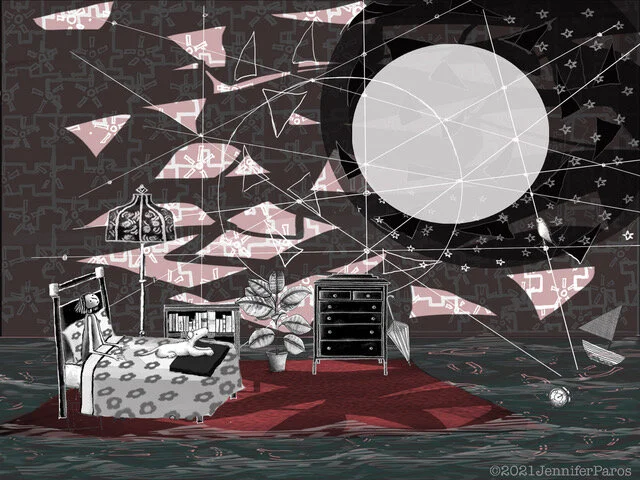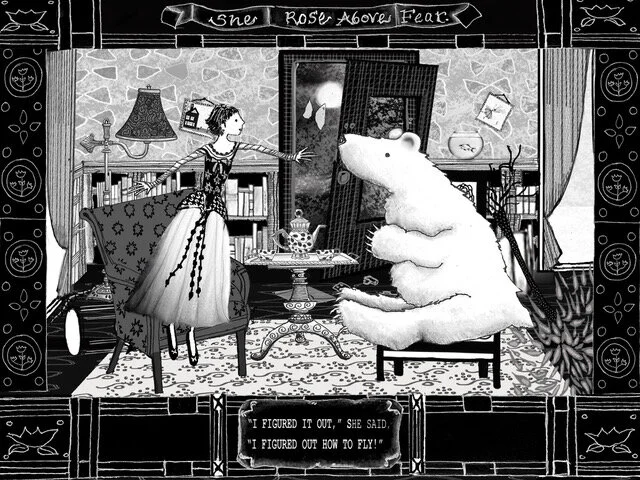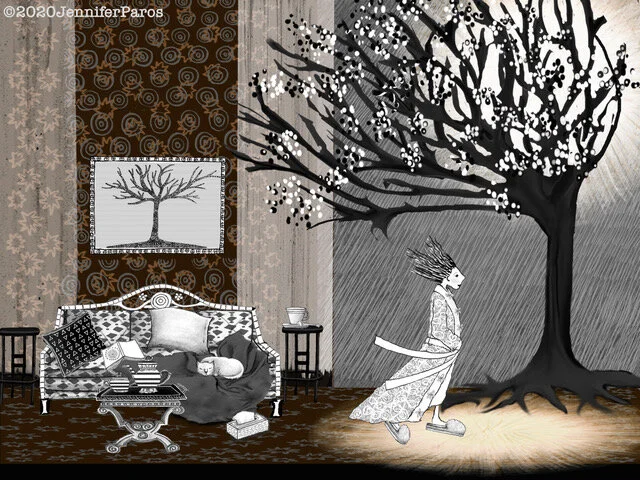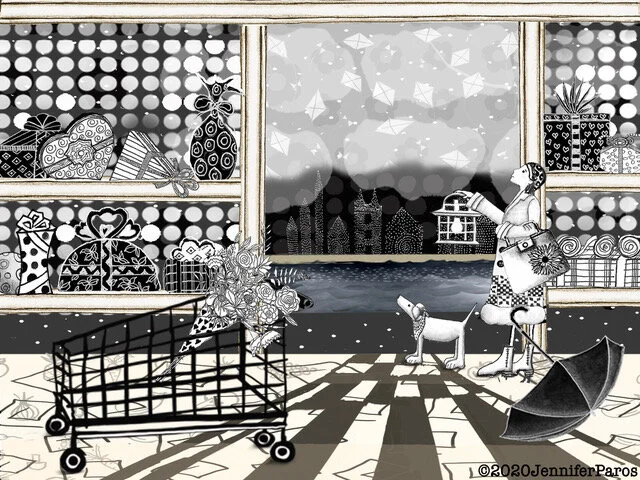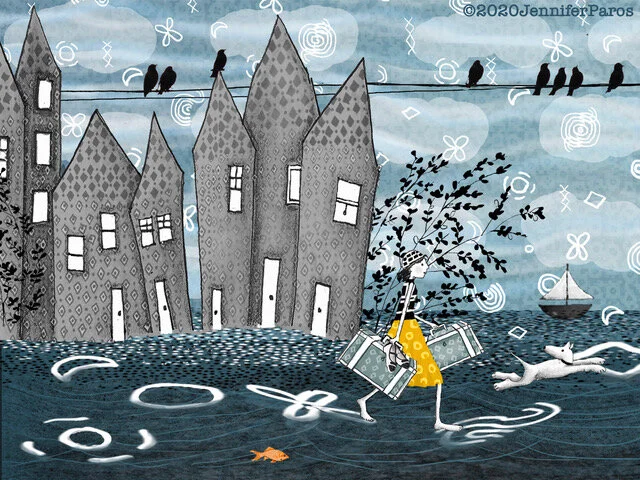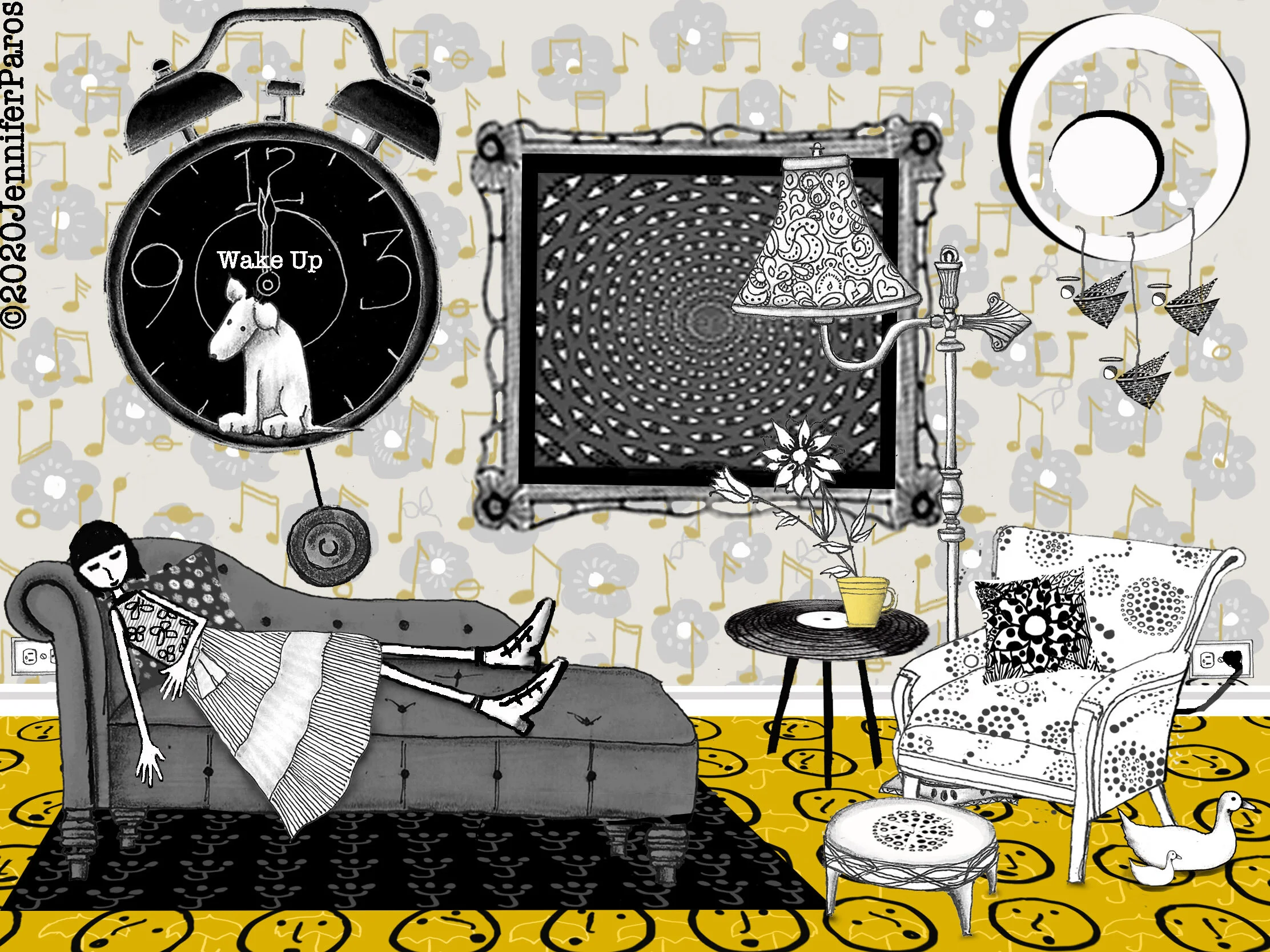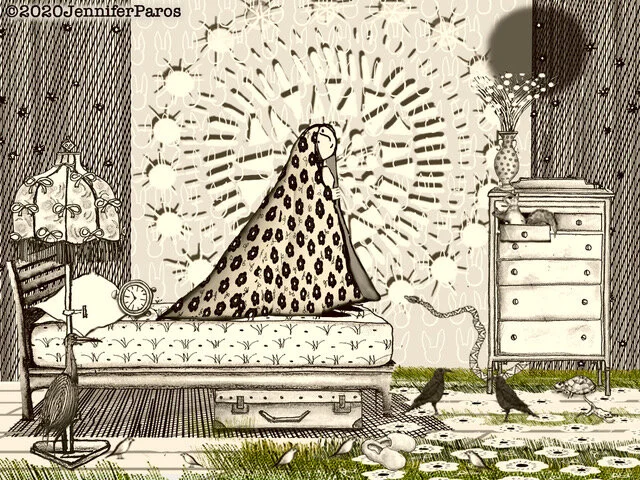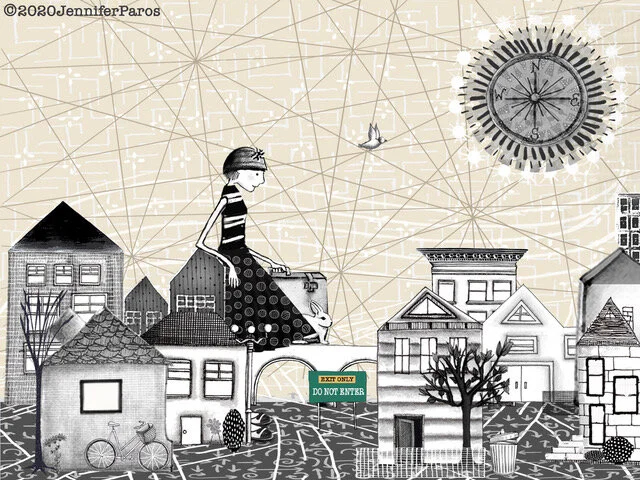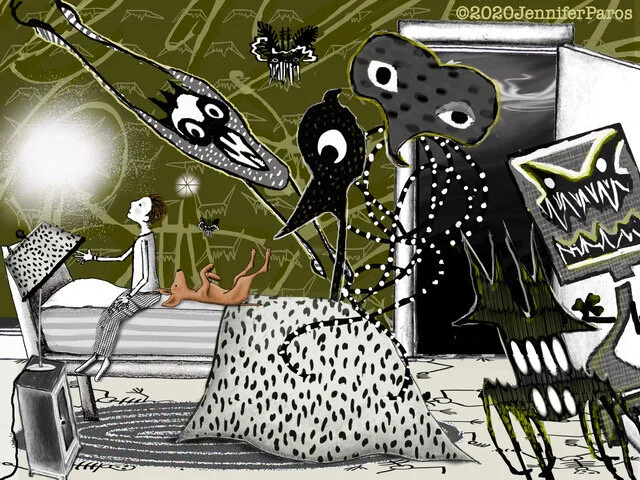I was 18 in 1983 when the band Huey Lewis and the News released their hit album Sports, which included the song The Heart of Rock and Roll. The music I listened to was very important to me at that time. Along with poetry and fiction, it served as a lifeline when my days felt meaningless and stale. Not just any poem, story, or song could serve as this lifeline, however. The artist had to be able to pluck some string in my heart, and if they couldn’t, their work was just more noise and fodder to me, cluttering up a dull world.
Huey Lewis and the News did not pluck that string. Unfortunately, Sports hit number one on the Billboard 200, and the News’s music, particularly The Heart of Rock and Roll, was all over the radio and MTV. To say I didn’t like this song would be generous. When I heard it, I’d dip briefly into an existential malaise. What kind of a world did I live in that this song was so popular? What hope was there to find meaningful connection with my fellow man if they were all listening to Huey Lewis and the Goddamned News? In those days my passions ran very hot and cold.
A decade or so later I was waiting tables at an upscale steakhouse in Seattle. One evening, I approached a new table of four men in suits. One of them was talking emphatically, so much so that he didn’t look up or pause when I arrived.
Read More

